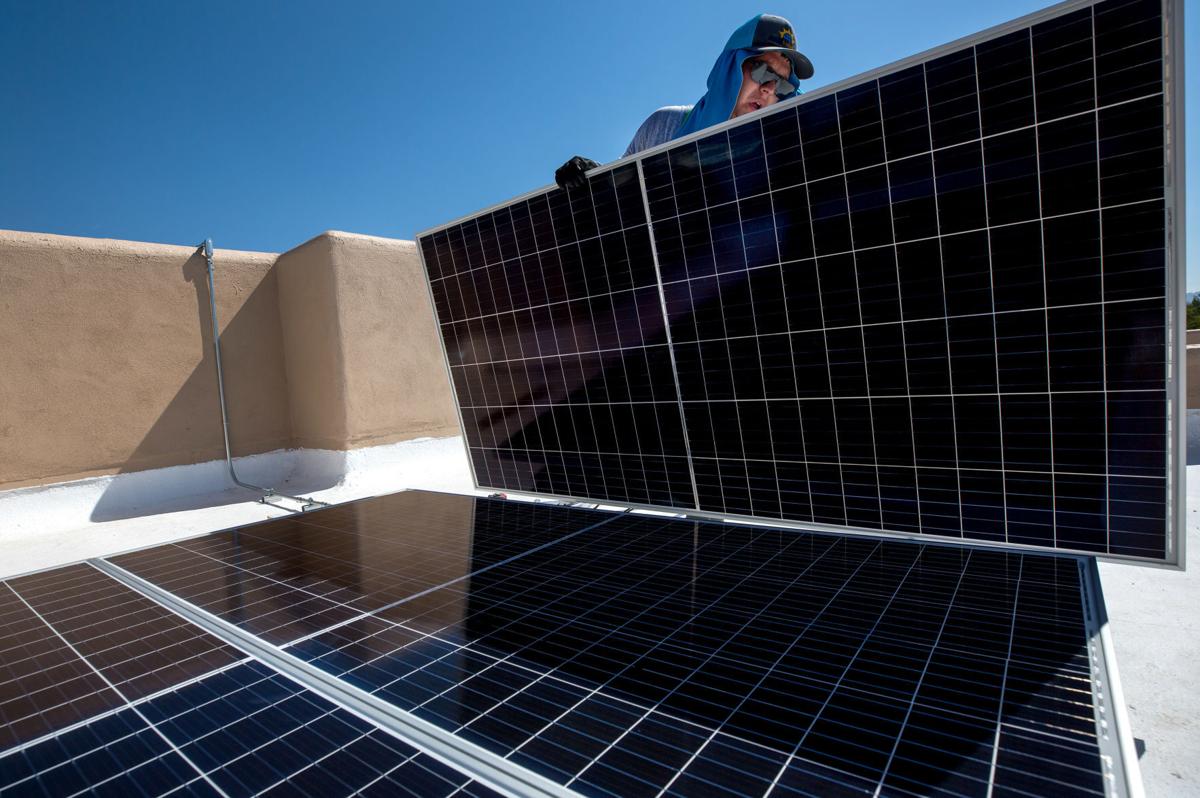Oro Valley residents looking to install rooftop solar systems will soon be able to take advantage of a new permit process to get their panels up faster.
The town of about 47,000 residents just north of Tucson is in the process of adopting an expedited online residential solar permitting option, as one of a dozen communities nationwide selected for a competition to quickly put the program online.
Oro Valley was chosen, along with Goodyear, as the only communities in Arizona to participate in the American-Made Solar Automated Permit Processing Plus (SolarAPP+) Prize — a two-step competition sponsored by the National Renewable Energy Laboratory.
The aim of the program is to help communities adopt automated processing of residential solar permits, to lower costs and make solar more accessible to homeowners.
Participating cities are eligible to receive $15,000 if they successfully adopt the Solar Automated Permit Processing Plus (SolarAPP+) system, an online platform that instantly issues permits for code-compliant residential rooftop photovoltaic and battery systems.
The city of Tucson and Pima County already use the SolarAPP+ system, after helping the NREL pilot the program ahead of its nationwide launch in June 2021.
Oro Valley staffers are working toward getting the system up and running before the final submission deadline of April 27, town spokeswoman Lindsay Kerr said.
“The automated option will help to accelerate solar installations throughout the community by reducing the amount of time needed to secure a construction permit to install solar systems,” Kerr said in an email, noting that Oro Valley is on track to issue over 700 solar-related permits for the 2022 calendar year.
Including the indirect cost of permit delays, direct and indirect permitting costs add about $7,000, or $1 per watt, to the cost of an average residential solar energy system, according to the Solar Energy Industries Association.
The SolarAPP+ project was created with grant funding from the Department of Energy and is managed collaboratively by the National Renewable Energy Laboratory and Underwriters Laboratories, who co-manage software development, outreach, education and local jurisdiction participation.
Oversight is provided by The SolarAPP+ Foundation, whose board is equally comprised of representatives from the solar industry and the building-code enforcement community.





